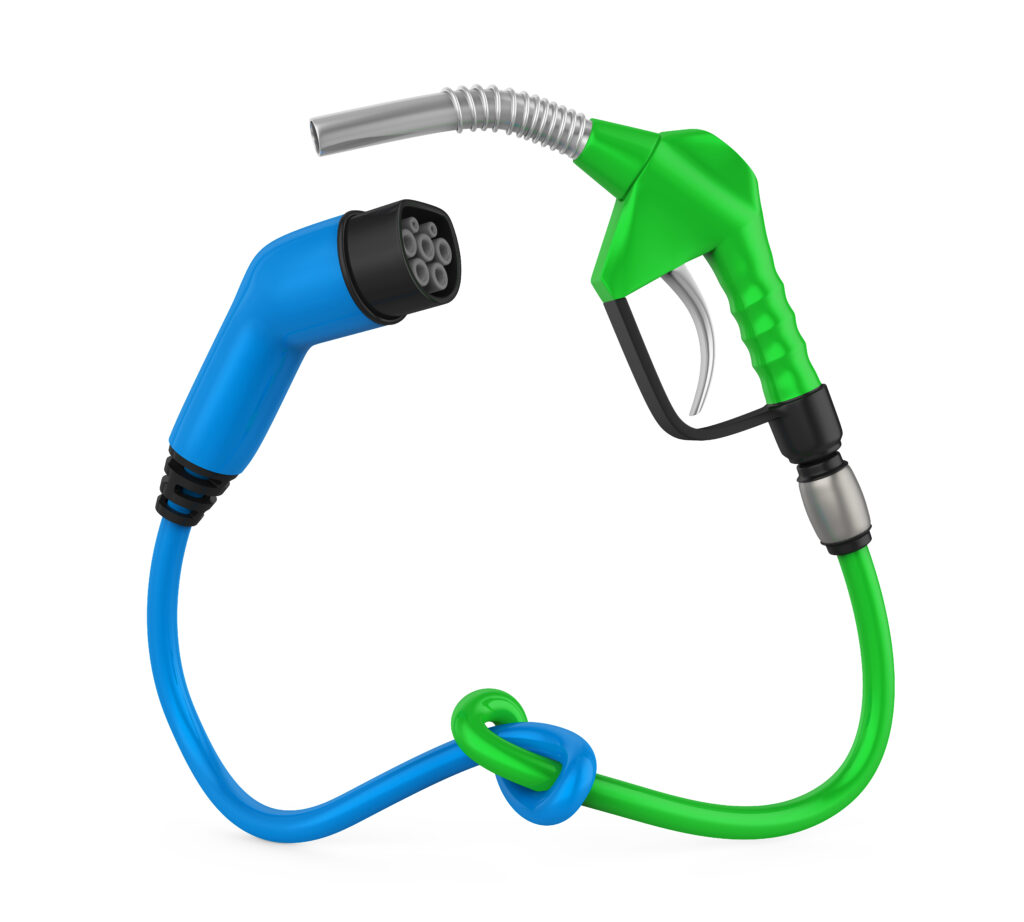As electric car sales stagnate, the EU needs a more flexible approach to reducing emissions
The latest data from the European car industry continue to confirm the importance of a flexible approach to de-fossilising road transport – one that includes sustainable liquid fuels such as renewable ethanol.
Europeans continue to favour vehicles that run on these liquid fuels – not just petrol cars but also hybrids. In fact, hybrid cars are now the number-one category of new cars in the EU, according to figures from the automotive industry.
As these cars will be on Europe’s roads until well beyond 2035, it’s more important than ever that renewable ethanol – which reduces GHG emissions from petrol and hybrid cars by more than 79% on average compared to fossil petrol – play a role in EU transport decarbonisation.
Sales of hybrid cars surged by 12.6% in September, according to ACEA, the European car industry association, while the total market share of electric vehicles declined by 1%. In fact the market share of hybrid cars is now 32.8%, up from 27.4% in September 2023, surpassing petrol.
Altogether, sales of petrol, hybrid and plug-in hybrid cars – which all run on liquid fuel – have accounted for more than 71% of new car sales in 2024. More than ever, this underlines the importance of renewable ethanol for displacing fossil fuel in these vehicles.
A recent statement published by ACEA on the recent downturn in battery electric vehicle sales quoted Czech Transport Minister Martin Kupka as saying, “The reality check shows that the EU needs to have a more flexible system in place for auto manufacturers to reach the ambitious CO2 reduction targets.”
Opening up to the contribution of renewable fuels as early as possible will not only help broaden the range of solution for all EU citizens and preserve affordability of mobility, but also lead to faster emission reduction.
